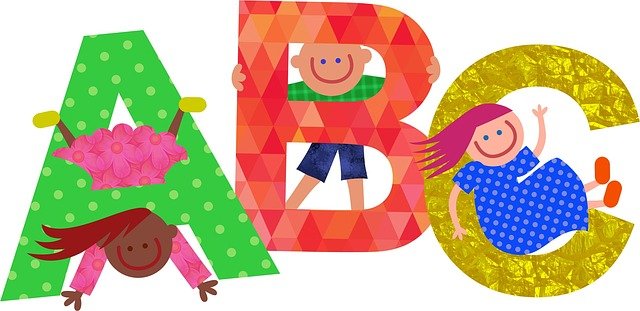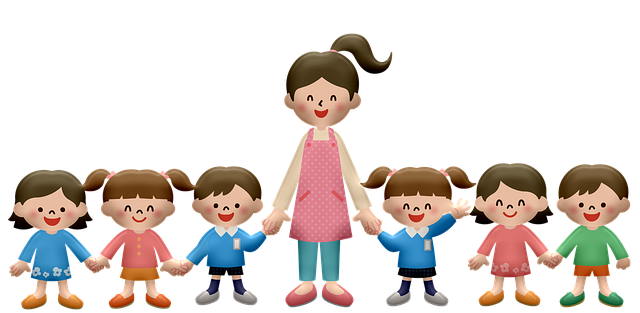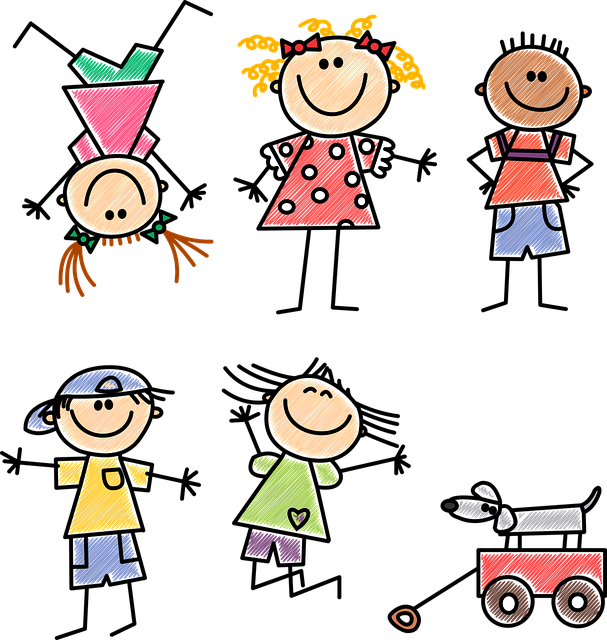
Preparing Teens with Communication Disorders for the Workplace
By middle school, the American Speech and Hearing Association reports that students with an IEP tend to have reduced or discontinued supports by high school. Advocacy for middle and high school students to continue receiving their speech and language supports is necessary in order to help prepare students for the post-high school. Teaching skills for post-high school transition success while the student is receiving services is essential for the best outcomes after graduation. For example, emphasizing role playing and problem solving through work place scenarios is recommended to introduce coping skills and guidance on inappropriate responses with co-workers. Self advocacy skills are necessary for success in the workplace and are important when asking for help with completing a task or











